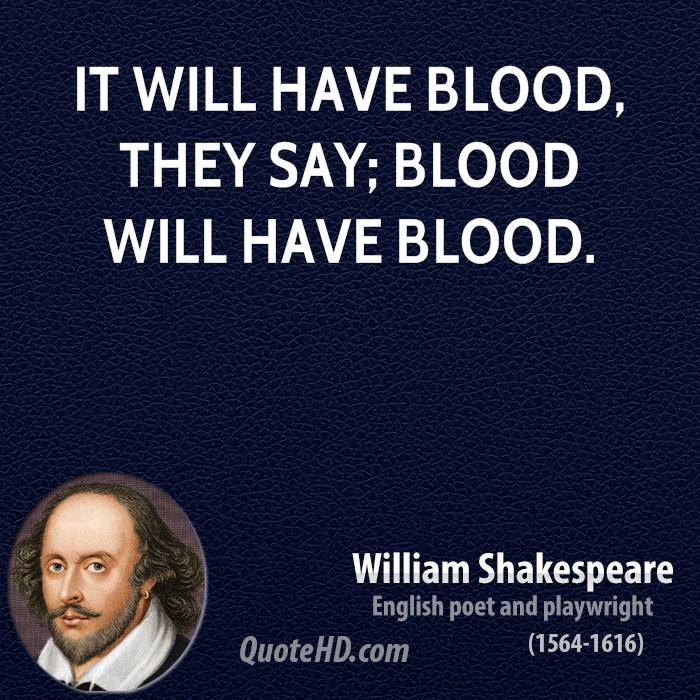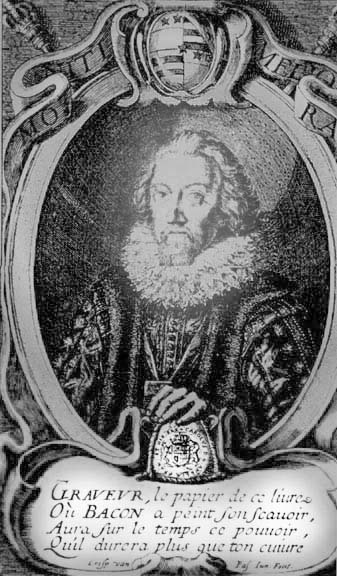p. 165
THE present consideration of the Bacon–Shakespeare–Rosicrucian controversy is undertaken not for the vain purpose of digging up dead men’s bones but rather in the hope that a critical analysis will aid in the rediscovery of that knowledge lost to the world since the oracles were silenced. It was W. F. C. Wigston who called the Bard of Avon “phantom Captain Shakespeare, the Rosicrucian mask.” This constitutes one of the most significant statements relating to the Bacon-Shakespeare controversy.
It is quite evident that William Shakespeare could not, unaided, have produced the immortal writings bearing his name. He did not possess the necessary literary culture, for the town of Stratford where he was reared contained no school capable of imparting the higher forms of learning reflected in the writings ascribed to him. His parents were illiterate, and in his early life he evinced a total disregard for study. There are in existence but six known examples of Shakespeare’s handwriting. All are signatures, and three of them are in his will. The scrawling, uncertain method of their execution stamps Shakespeare as unfamiliar with the use of a pen, and it is obvious either that he copied a signature prepared for him or that his hand was guided while he wrote. No autograph manuscripts of the “Shakespearian” plays or sonnets have been discovered, nor is there even a tradition concerning them other than the fantastic and impossible statement appearing in the foreword of the Great Folio.
A well-stocked library would be an essential part of the equipment of an author whose literary productions demonstrate him to be familiar with the literature of all ages, yet there is no record that Shakespeare ever possessed a library, nor does he make any mention of books in his will. Commenting on the known illiteracy of Shakespeare’s daughter Judith, who at twenty-seven could only make her mark, Ignatius Donnelly declares it to be unbelievable that William Shakespeare if he wrote the plays bearing his name would have permitted his own daughter to reach womanhood and marry without being able to read one line of the writings that made her father wealthy and locally famous.
The query also has been raised, “Where did William Shakespeare secure his knowledge of modern French, Italian, Spanish, and Danish, to say nothing of classical Latin and Greek?” For, in spite of the rare discrimination with which Latin is used by the author of the Shakespearian plays, Ben Jonson, who knew Shakespeare intimately, declared that the Stratford actor understood “small Latin and less Greek”! Is it not also more than strange that no record exists of William Shakespeare’s having ever played a leading rôle in the famous dramas he is supposed to have written or in others produced by the company of which he was a member? True, he may have owned a small interest in the Globe Theatre or Blackfriars, but apparently the height of his thespian achievements was the Ghost in Hamlet!
In spite of his admitted avarice, Shakespeare seemingly made no effort during his lifetime to control or secure remuneration from the plays bearing his name, many of which were first published anonymously. As far as can be ascertained, none of his heirs were involved in any manner whatsoever in the printing of the First Folio after his death, nor did they benefit financially therefrom. Had he been their author, Shakespeare’s manuscripts and unpublished plays would certainly have constituted his most valued possessions, yet his will–while making special disposition of his second-best bed and his “broad silver gilt bowl” neither mentions nor intimates that he possessed any literary productions whatsoever.
While the Folios and Quartos usually are signed “William Shakespeare,” all the known autographs of the Stratford actor read “William Shakespeare.” Does this change in spelling contain any significance heretofore generally overlooked? Furthermore, if the publishers of the First Shakespearian Folio revered their fellow actor as much as their claims in that volume would indicate, why did they, as if in ironical allusion to a hoax which they were perpetrating, place an evident caricature of him on the title page?
Certain absurdities also in Shakespeare’s private life are irreconcilable. While supposedly at the zenith of his literary career, he was actually engaged in buying malt, presumably for a brewing business! Also picture the immortal Shakespeare–the reputed author of The Merchant of Venice–as a moneylender! Yet among those against whom Shakespeare brought action to collect petty sums was a fellow townsman–one Philip Rogers–whom he sued for an unpaid loan of two shillings, or about forty-eight cents! In short, there is nothing known in the life of Shakespeare that would justify the literary excellence imputed to him.

Moe is the founder of GnosticWarrior.com. He is a father, husband, author, martial arts black belt, and an expert in Gnosticism, the occult, and esotericism.




![How the South Saxons received Eadbert and Eolla, and the West Saxons, Daniel and Aldhelm, for their bishops; and of the writings of the same Aldhelm [705 A.D.] | Book 5 | Chapter 17 How the South Saxons received Eadbert and Eolla, and the West Saxons, Daniel and Aldhelm, for their bishops; and of the writings of the same Aldhelm [705 A.D.] | Book 5 | Chapter 17](https://www.gnosticwarrior.com/wp-content/plugins/contextual-related-posts/default.png)